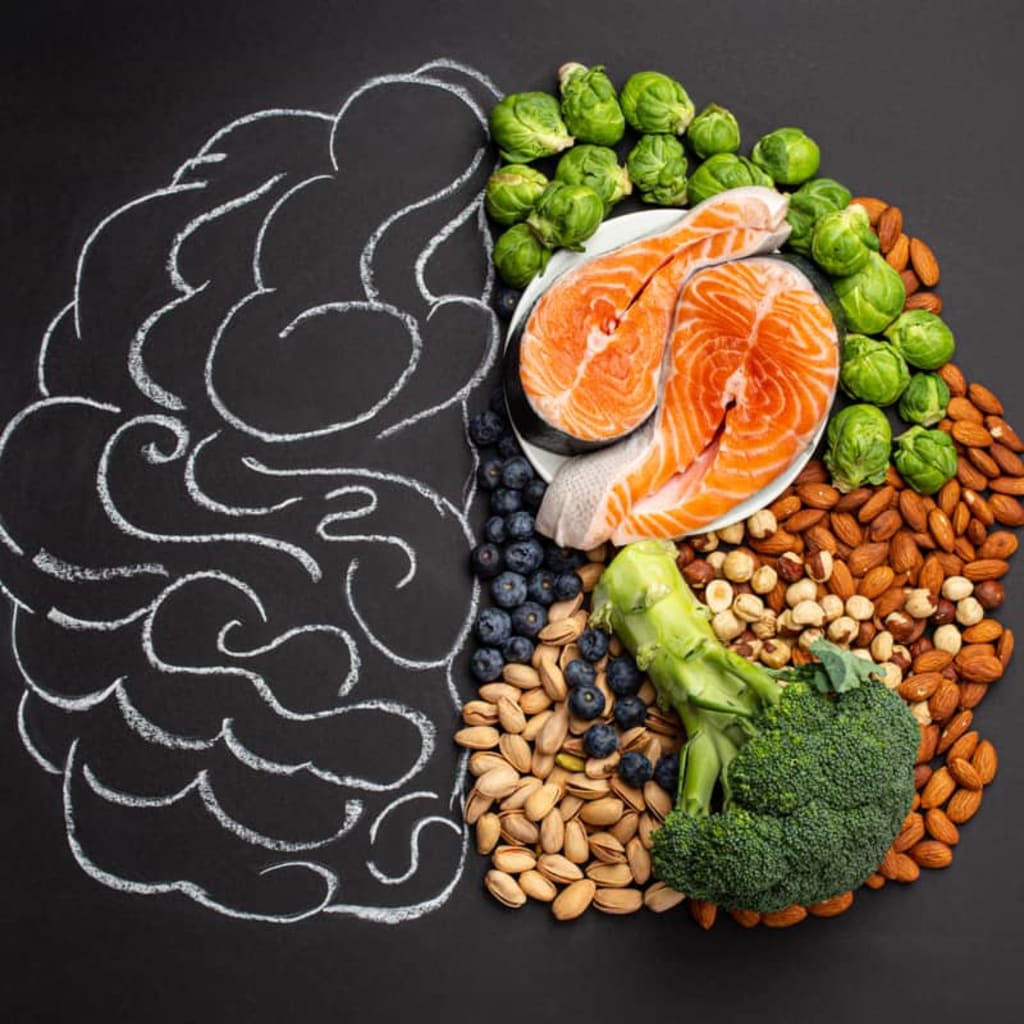
The keto plan, also known as the ketogenic diet, is a high-fat, low-carbohydrate eating plan designed to shift your body's metabolism away from relying on carbohydrates for energy and instead encourage it to burn fats for fuel. The primary goal of the keto diet is to enter a state called ketosis, where your body produces ketones from fat breakdown and uses them as an alternative energy source. I really love to do keto diet, you may follow my keto diet here. It is amazing. You may get the idea from there
The typical macronutrient breakdown of a keto diet is as follows:
High fat: Approximately 70-80% of your daily calorie intake comes from healthy fats, such as avocados, nuts, seeds, olive oil, coconut oil, and fatty fish.
Low carbohydrates: Carbohydrates are severely restricted, typically limited to 5-10% of daily calorie intake. This means avoiding or minimizing foods high in carbohydrates, including grains, starchy vegetables, fruits, and sugary items.
Moderate protein: Protein intake is moderate, making up around 20-25% of daily calories. Protein sources should be from meat, poultry, fish, eggs, and some dairy products.
By significantly reducing carbohydrate intake, the body's insulin levels drop, and the body starts to burn stored fats for energy, leading to weight loss. The keto diet has gained popularity for its potential to aid in weight loss, manage blood sugar levels, and improve certain health conditions like epilepsy and type 2 diabetes.
However, like any diet, the keto plan comes with its challenges. In this 600-word essay, we will explore some of the main challenges people may encounter when following a keto diet.
One of the primary challenges of the keto plan is the strict restriction of carbohydrates. The diet typically requires limiting carb intake to approximately 20-50 grams per day. This can be difficult for individuals used to consuming a high-carb diet, as it means cutting out many common foods such as bread, pasta, rice, and sugary snacks. Adjusting to such a drastic change in eating habits can be challenging and may lead to feelings of deprivation and frustration.
Moreover, the initial phase of the keto diet, known as the “keto flu,” can be particularly challenging. As the body transitions from burning carbohydrates for energy to burning fat, some people may experience symptoms such as headaches, fatigue, dizziness, and irritability. These side effects can deter individuals from sticking to the diet and may lead to early discontinuation.
Another significant challenge of the keto plan is the potential for nutrient deficiencies. By eliminating various food groups like fruits, grains, and certain vegetables, the diet may lack essential vitamins, minerals, and fiber. Maintaining a balanced intake of nutrients can be challenging, requiring careful meal planning and supplementation to ensure adequate nutrition.
Additionally, the high-fat nature of the keto diet may raise concerns about heart health and cholesterol levels. While some studies suggest that the keto plan may improve certain cardiovascular risk factors, others have shown potential risks related to increased saturated fat intake. Striking the right balance between healthy and unhealthy fats is vital, but it can be difficult to achieve without professional guidance.
Social situations can also pose challenges for those on a keto diet. Eating out or attending gatherings may become problematic as many traditional foods served at such events are typically high in carbohydrates. Feeling isolated or excluded from social events centered around food can be emotionally challenging and may impact adherence to the diet.
Furthermore, maintaining the state of ketosis can be tricky. Even small deviations from the diet, such as consuming slightly more carbohydrates than allowed, can kick the body out of ketosis and interrupt progress. This aspect of the keto plan requires strict adherence and discipline, which can be demanding for some individuals.
Another challenge is the potential impact on athletic performance. For athletes engaged in high-intensity activities, the keto diet may not provide enough carbohydrates for optimal performance. Endurance athletes, in particular, may struggle with reduced energy levels and diminished exercise capacity, which could hinder their training and progress.
Lastly, the sustainability of the keto plan is a significant concern. Some people find it challenging to maintain a diet that heavily restricts certain food groups in the long term. The diet’s monotony may lead to boredom and cravings for forbidden foods, increasing the likelihood of lapses and ultimately abandoning the diet altogether.
In conclusion, while the ketogenic diet has gained popularity for its potential benefits, it is not without its challenges. From strict carbohydrate restrictions to nutrient deficiencies and social limitations, individuals may face various hurdles when following the keto plan. To overcome these challenges successfully, it’s crucial to approach the diet with proper planning, nutritional awareness, and the support of a healthcare professional or registered dietitian. Understanding the potential difficulties and finding practical solutions can help individuals make informed decisions about whether the keto plan is the right choice for their health and lifestyle goals.
About the Creator
jaynaz
I'm deeply interested in exploring diverse topics that make us ponder, learn, and grow. You'll find me delving into everything from travel and culture to technology and science, as well as self-improvement, health, and wellness.





Comments
There are no comments for this story
Be the first to respond and start the conversation.